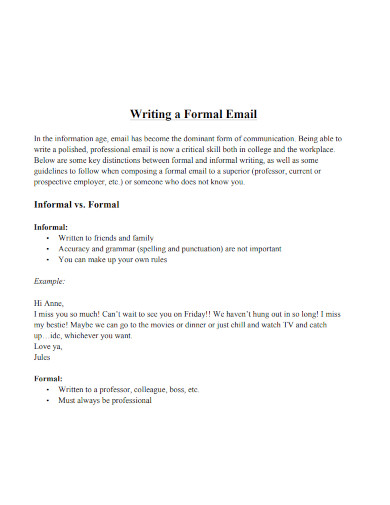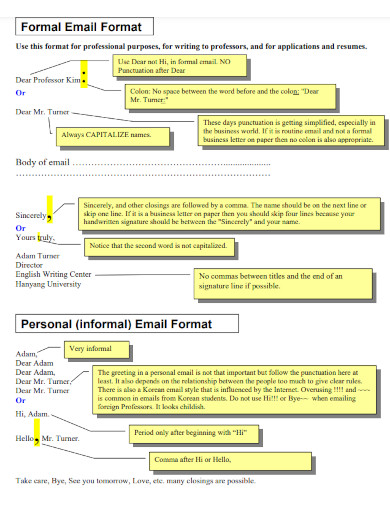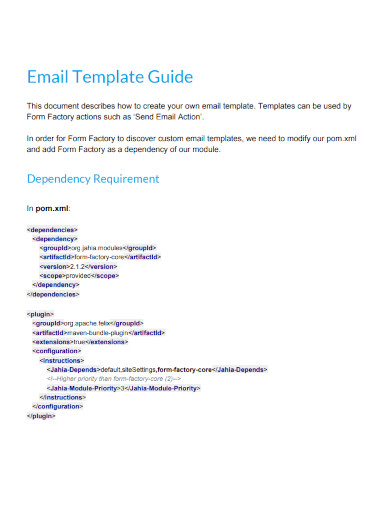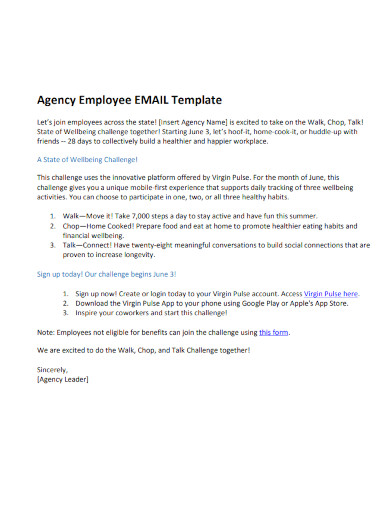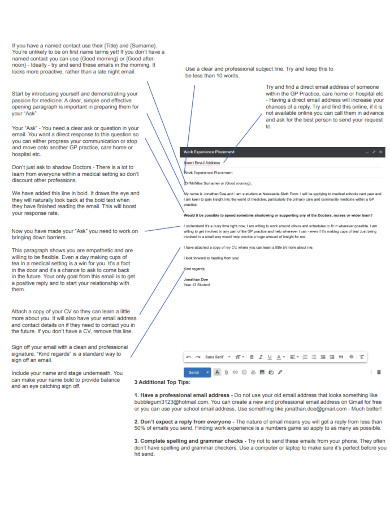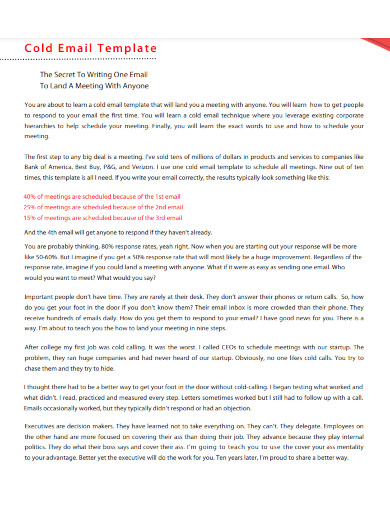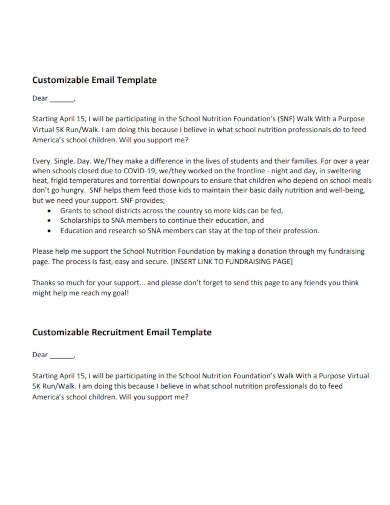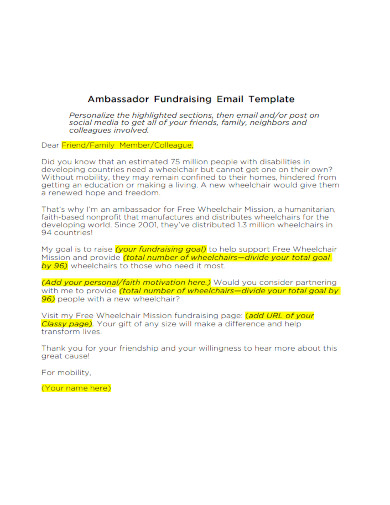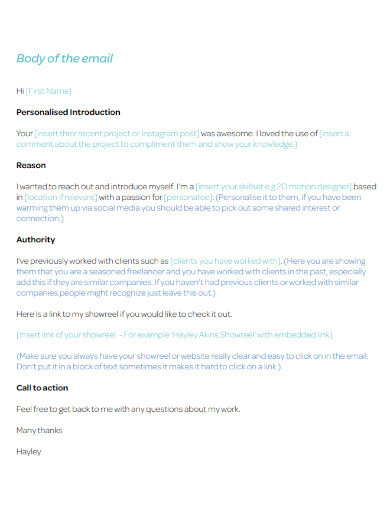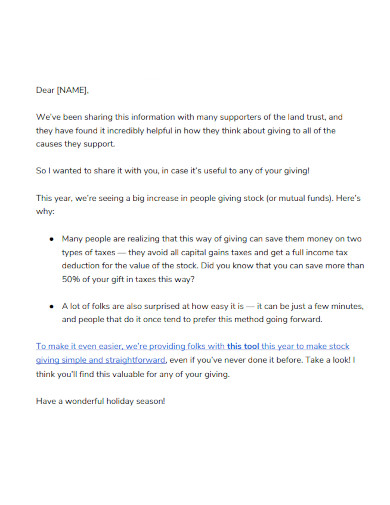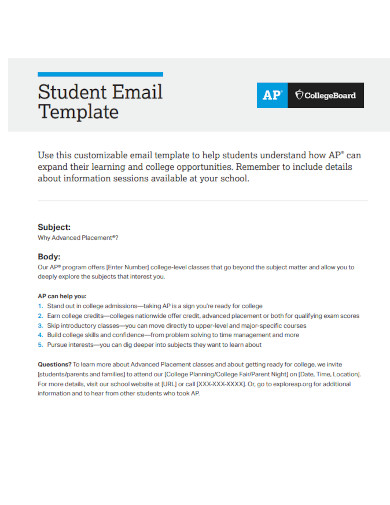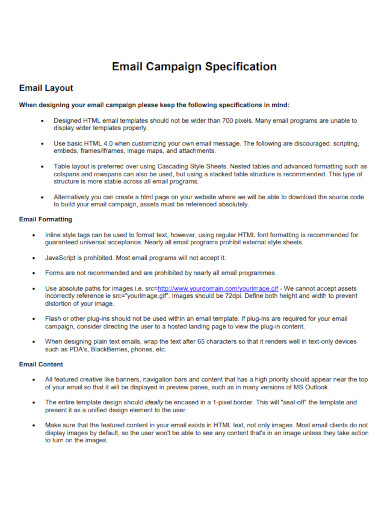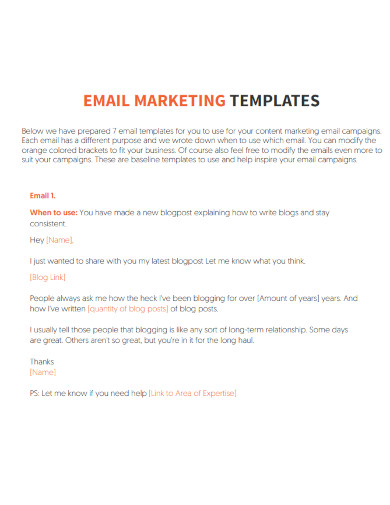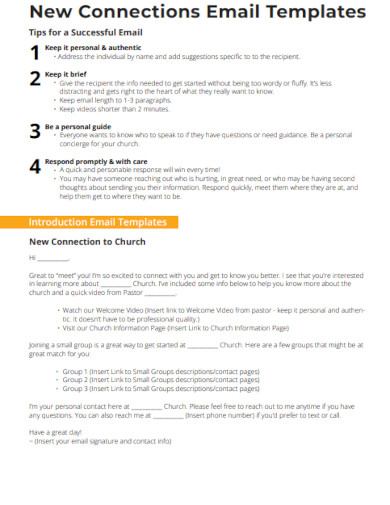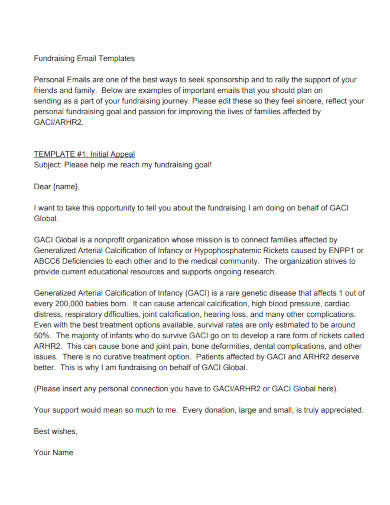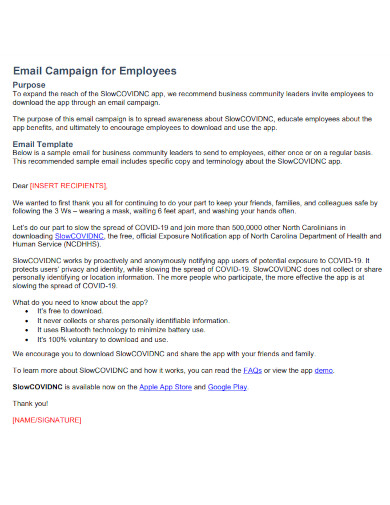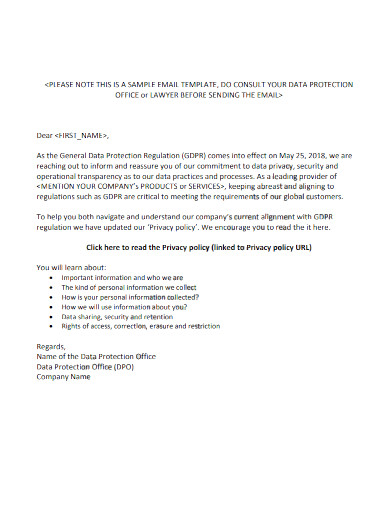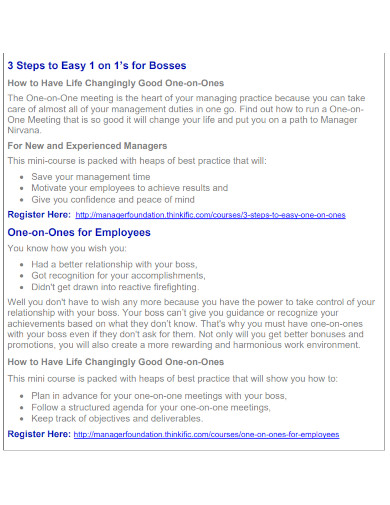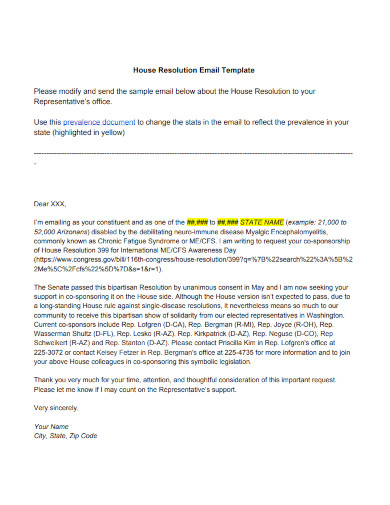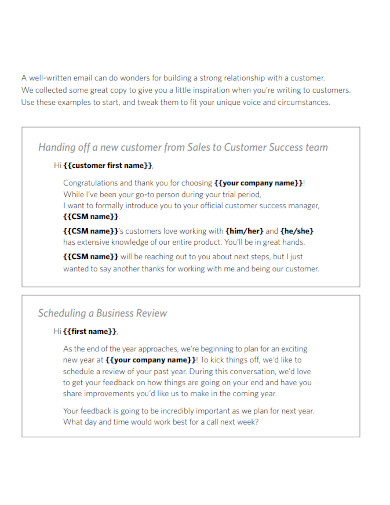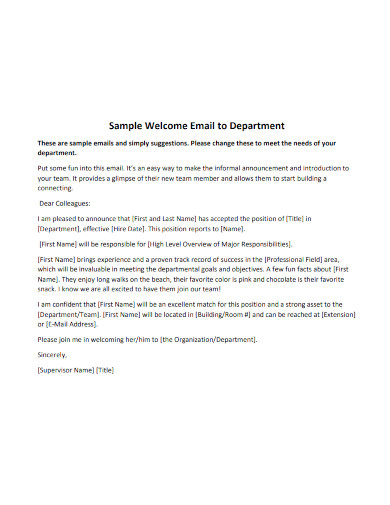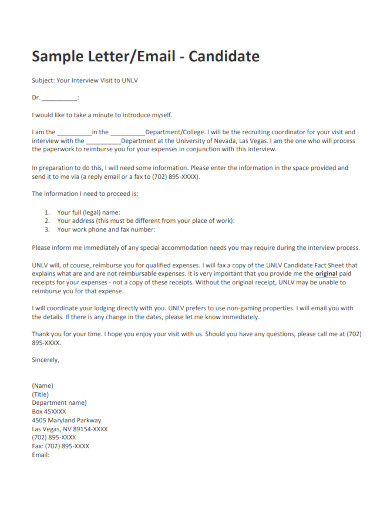24+ Mailing Format Examples to Download
There are many ways to communicate with people worldwide through various mediums with different delivery methods and speeds. Many businesses utilize the desire to share with people through long distance as their main product, commodity, and service. Each of these different mediums utilizes various formats that may or may not be different from each other.
1. Email Memo Format Template
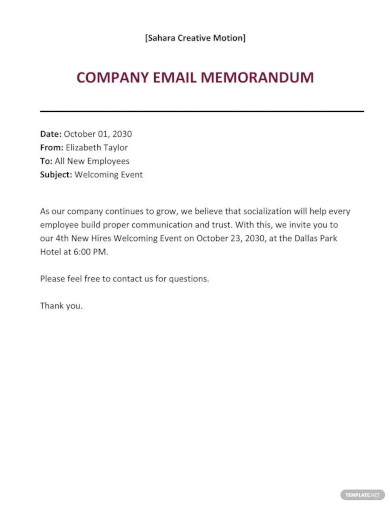
2. Formal Email Format
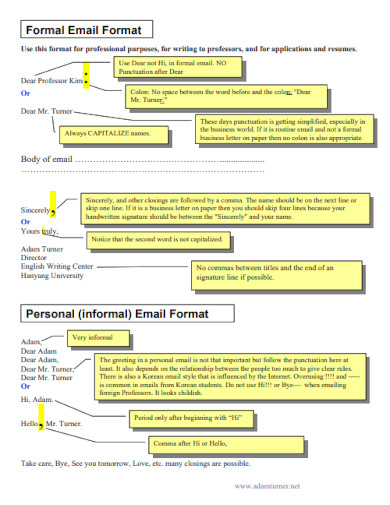
hanyangwriting.tripod.com
3. Writing Formal Email Format
4. Personal Formal Email Format
5. Email Template Guide
6. Agency Employee Email Template
7. Work Experience Email Template
8. Cold Email Template
9. Customizable Email Template
10. Ambassador Fundraising Email Template
11. Motion Design Email Template
12. Stock Email Template
13. Student Email Template
14. Email Campaign Specification
15. Email Marketing Template
16. New Connections Email Template
17. Fundraising Email Template
18. Email Campaign for Employees
19. Pivacy Policy Email Sample
20. One-on-One Email Template
21. House Resolution Email Template
22. Customer Success Email Template
23. Sample Welcome Email to Department
24. Sample Candidate Email Template
25. School Principal Email Template
What Is the Mailing Format?
The mailing format is the structure the person will adopt when they are planning to use a letter or an email to communicate with someone far away. This means that one’s purpose in the mail and delivery method will dictate the mailing format one will utilize in their communication. If you want to learn more about mailing, email, and letter format, then you may use any of the examples and samples on the links above.
How to Choose and Use the Mailing Format
The mailing format will mainly dictate the medium you will use to communicate with the person and the method of delivery it will take. One can use letters as a physical means of mailing a person while a person can use emails to digitally mail a person.
Step 1: Select the Context of the Mail
Start by determining the context that surrounds the contents of the mail. This context will dictate the tone and theme of the overall text or body the sender will write in the mail.
Step 2: Decide on the Purpose of the Mail
The purpose of the mail will decide the preferred delivery method and length. Therefore you need to decide on the mailing format as urgent letters will require immediate delivery, while other letters will not require immediate delivery.
Step 3: Select a Mailing Format or Outline
You must select the mailing outline or outline format that will suit both the context and the purpose of the mail. This will allow you to know which elements and characteristics either of these methods will require you to write in the letter or email.
Step 4: Write the Letter or Email
After you have finished selecting the mailing format or outline, you must write the letter or email’s body and specific necessary information. The letter will require the necessary address format and letter envelope, while the email will require the person to know the email address of the receiver.
FAQs
Can I send an email to my friend?
Yes, you can send an email to your friends as a way to communicate with them. Emails aren’t only limited to formal communication and the person can use it to informally communicate with their loved ones.
What is the difference between an email and a letter?
An email is a digital mode of communication where the person sends a message digitally through one’s email to another person’s email, this occurs instantly the moment the person has sent the email. A letter is a physical document that a person will send physically to another person, using a mail carrier to move and deliver the letter to its intended recipient.
What is the tone of a work email and a personal email?
The tone of a work email is formal and serious as it will need to match the tone of the subject of the email and the environment of the recipient. A personal email can have a wide range of tones which is wholly dependent on the purpose of the said email.
The mailing format is the specific structure the writer wants to adopt for their mode of communication when talking or sending messages to someone else. The sender needs to determine which mailing format they want to use for their general mode of communication.


